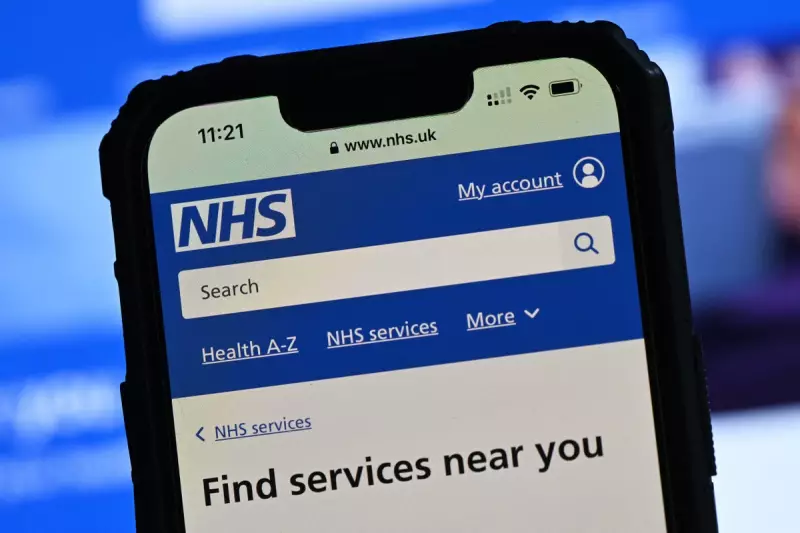
In a revolutionary move that could transform patient care across Britain, the NHS is preparing to deploy powerful diabetes medications as weight-loss treatments to address the growing crisis in hospital waiting times.
A Pharmaceutical Game-Changer
Health service officials are finalising plans to make drugs such as Mounjaro and Ozempic available through an ambitious new programme targeting obesity-related conditions. These medications, known as GLP-1 receptor agonists, have shown remarkable effectiveness in helping patients achieve significant weight reduction.
The initiative represents one of the most significant developments in NHS treatment strategies in recent years, potentially offering relief to thousands struggling with weight-related health issues.
Tackling the Root Cause
Medical experts emphasise that this approach addresses a fundamental driver of healthcare demand. Obesity contributes substantially to conditions requiring surgery and other hospital treatments, from joint replacements to diabetes complications and cardiovascular procedures.
By intervening earlier with effective pharmaceutical solutions, the NHS aims to prevent the development of more serious conditions that currently fill operating theatres and specialist clinics.
The Ripple Effect on Hospital Pressures
The potential impact extends across multiple specialties:
- Reduced demand for bariatric surgery procedures
- Fewer referrals for orthopaedic operations
- Decreased cases of obesity-related diabetes complications
- Lower incidence of weight-aggravated cardiovascular conditions
Beyond the Prescription Pad
While the pharmaceutical component is generating excitement, healthcare professionals stress that these drugs work most effectively as part of comprehensive treatment programmes. Successful weight management typically requires combination approaches including dietary guidance, physical activity support and behavioural interventions.
The planned rollout is expected to incorporate these elements, creating holistic care pathways rather than simply distributing medications.
Managing Expectations and Side Effects
As with any medical intervention, these drugs present considerations that must be carefully managed:
- Potential side effects including gastrointestinal symptoms
- The need for ongoing monitoring and dosage adjustments
- Consideration of individual patient suitability
- Long-term sustainability of weight loss achievements
A Watershed Moment for NHS Care
This initiative signals a proactive shift in how the health service approaches chronic conditions. Rather than waiting until patients require complex surgical interventions, the NHS is embracing preventive strategies that could improve quality of life while simultaneously addressing systemic pressures.
The success of this programme could establish a new template for managing other chronic conditions, potentially transforming the NHS's approach to healthcare delivery in the coming decades.
As final details are confirmed, healthcare professionals and patients alike await what could become one of the most significant developments in public health management in recent memory.





